Tax obligations and DPNs
Failure to meet tax obligations can result in the Australian Taxation Office (ATO) issuing Director Penalty Notices (DPNs), which make company directors personally liable for unpaid company tax debts. This can jeopardise your personal assets and turn your entrepreneurial dream into a nightmare. With the right advice, however, you can avoid financial mistakes and take steps to secure your future.
At AVA Advisory, we understand the difficulties business owners face in managing daily operations and cash flow, as well as planning strategic direction, all while attempting to make sense of your tax and employee superannuation liabilities.
What tax liabilities can lead to a DPN?
DPNs are issued against directors when the ATO holds them personally responsible for their company’s tax debts, including:
Pay-As-You-Go Withholding (PAYG): PAYG is deducted from employees’ salaries and wages and must be remitted to the ATO.
Goods and Services Tax (GST): A 10% tax levied on taxable sales that must be paid to the ATO.
Superannuation Guarantee Charge (SGC): The minimum amount that employees must contribute to their superannuation.
Types of DPNs
There are two types of DPNs to be aware of:
Non-Lockdown DPN: A warning sign that indicates a company submitted its Business Activity Statements (BAS), Instalment Activity Statements (IAS) and Superannuation Guarantee Charge Statements within three months of the due date. There is still time to fix the problem before it worsens.
Lockdown DPN: Issued when a company fails to file BAS, IAS, and/or SGC for more than three months after the due date and owes more than $10,000 in unpaid taxes. This restricts the company’s ability to trade or conduct specific transactions, limiting its ability to operate.
How to avoid a DPN
Importance of tax compliance
For business owners, getting your tax and superannuation affairs in order is critical to laying a solid foundation for your company’s future. Fulfilling these obligations is like laying the foundation for a strong house: it fosters stakeholder trust, reduces unexpected risks and generates momentum for long-term success.
Just as you wouldn’t use subpar materials or skip critical steps when building a house, failing to meet your tax and superannuation obligations weakens your business foundation, making it vulnerable to financial risks and external pressures. Timely lodgements and payments, however, supports and strengthens financial integrity and operational resilience.
Keeping accurate records and seeking expert advice from a tax debt advice expert, such as AVA Advisory, will help you navigate the complexities of tax compliance. Consider it a partnership with a skilled architect who ensures your company’s foundation remains stable.
To avoid costly mistakes, be sure to implement the following practices:
Seek professional advice: If you are unsure about your tax liability or are experiencing financial difficulties, consult with a qualified accountant or business debt advisor.
Keep accurate financial records: Keep track of your income, expenses, invoices and receipts, as well as bank and credit card statements to stay on top of finances.
Meet your tax deadlines/obligations: Submit your company’s BAS, IAS and Superannuation Guarantee Charge Statements by the due date.
Pay on time: Easier said than done in today’s economic climate. However, to avoid interest and penalties, pay your business tax debt and employee superannuation liabilities on time.
If you are unable to pay your tax debts as they fall due, speak with our small business debt specialists at AVA Advisory today.
It’s important not to delay seeking help – because the sooner you reach out, the more options you have available.
Taking action: responding to a DPN
Before speaking with the ATO, it’s important to understand your legal rights and obligations. Understanding this, early and proactive communication with the ATO is essential for discussing your options, such as establishing a payment plan, and is a conversation that can be supported through an experienced SMB debt advisor.
With decades of experience in small business debt solutions, AVA Advisory provides comprehensive services than can help you navigate the DPN maze:
- Your DPN is thoroughly reviewed and analysed, with an explanation of what it means and an outline of your options.
- Debt restructuring and negotiations with the ATO on your behalf to establish a manageable payment plan.
- Turnaround assistance to evaluate your company’s viability and get it back on track.
- Expert advice for managing ATO debt and avoiding future penalties.
- Ongoing compliance support, including assistance with tax planning, recordkeeping and the preparation and lodgement of tax returns.
Contact AVA Advisory today for a free, confidential consultation on how we can help you avoid DPNs and secure your financial future.







